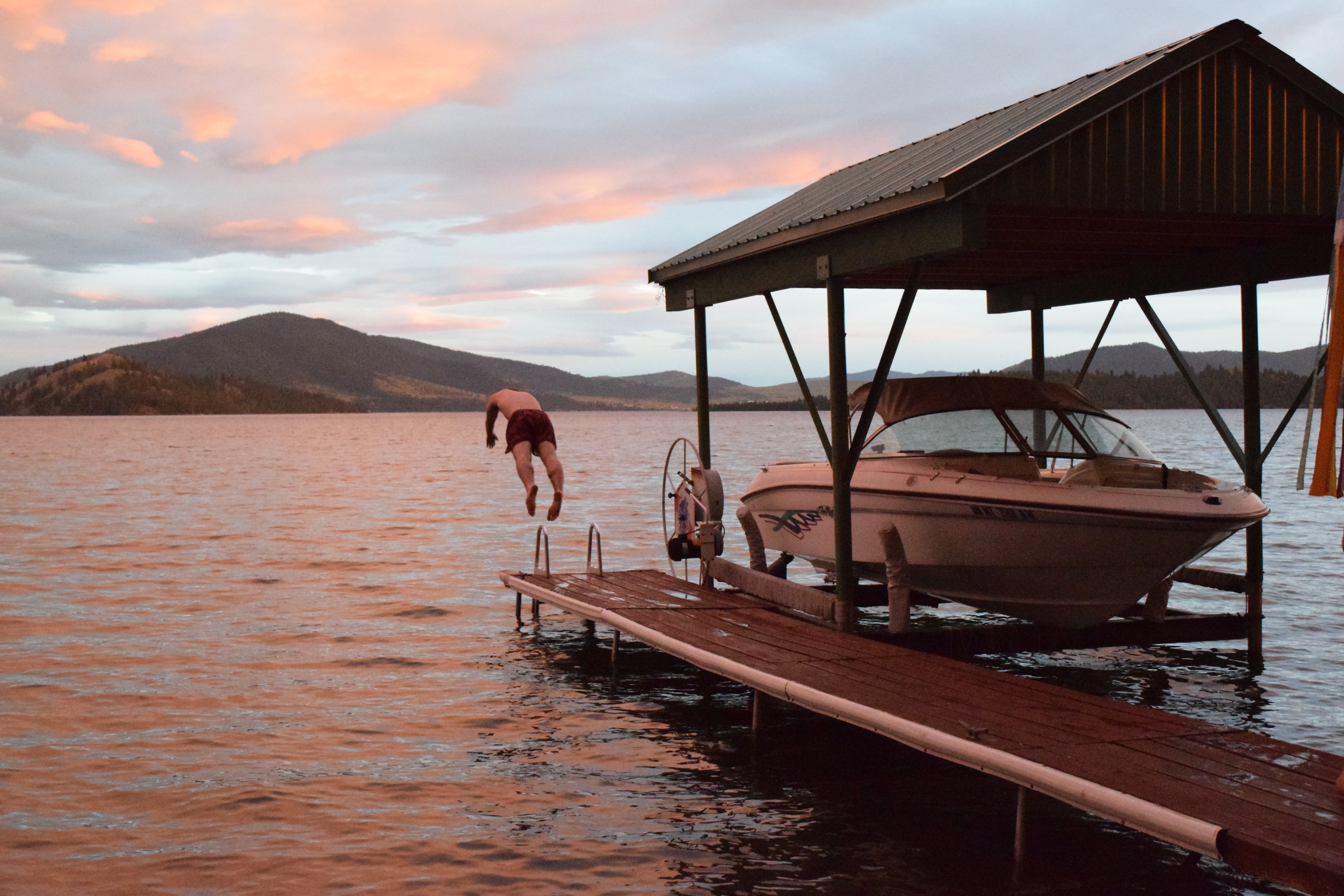
Boat Insurance Explained
After purchasing a boat or PWC you may think – well, do I actually need insurance? First off, buying a watercraft is a huge feat that should be acknowledged. After saving and budgeting, the moment you get your hands on the keys can feel like the time to celebrate. Before popping the champagne, there are still a few things to take care of, one of which is insurance. This is necessary to ensure your purchase is protected adequately.
There are many reasons to obtain a boat insurance policy and we understand there are also many questions. Here are a few common coverage questions we are asked by customers:
Q: What if I’m a safe and experienced boater?
A: Accidents happen, plain and simple. You can be the most experienced boater in the water and still have an accident. That’s why it’s important to prepare for the unexpected. However, your safe boating history may very well qualify you for an additional discount.
Q: What about my homeowner’s insurance?
A: Homeowner’s policies only extend limited coverage to small crafts with zero or minimal horsepower. They are not designed to address the specific risks associated with owning a power boat.
Q: What about car insurance?
A: Car insurance will not provide coverage for towing if your boat needs to be towed on land or on the water.
Q: What if someone gets hurt on my boat?
A: This is your greatest liability exposure as a boater. If there is an accident and someone gets hurt, the medical bills can really rack up. A policy that protection and indemnity liability can protect both you and your wallet against bodily injuries sustained by others.
It’s important to protect your investment. Boats are subject to physical damage, like fire, theft, grounding, collision with submerged objects, broken windshields, storms, and much more. You shouldn’t leave your boat or PWC unprotected against these risks.
Now, that we’ve discussed the importance of boat insurance, you’re probably wondering how much it’ll cost. This completely depends on the boater and the boat. Here are some significant factors for consideration when writing your policy – the value of your craft, driving record, previous claims, seasonal usage, and navigable waters. We do not pull your credit score. Instead, we look at a wide array of factors relating to the boat and its use along with the coverage you request for protection from those risks. Our goal is to provide the protection you’re looking for without overpaying.
Even if you have a boat insurance policy, you still need to be careful on the water. Following the U.S. Coast Guard’s safety protocols is the first step. Be sure every passenger is wearing a life jacket. Double check that you have navigation lights, fire extinguishers, an emergency position-indicating radio beacon, a flashlight, flares, and first-aid-kit. Before heading out on the water, check the marine forecast to make sure no storms are on the horizon. Finally, follow boating rules on the water. Obey marine traffic laws, distress signals and other happening.
